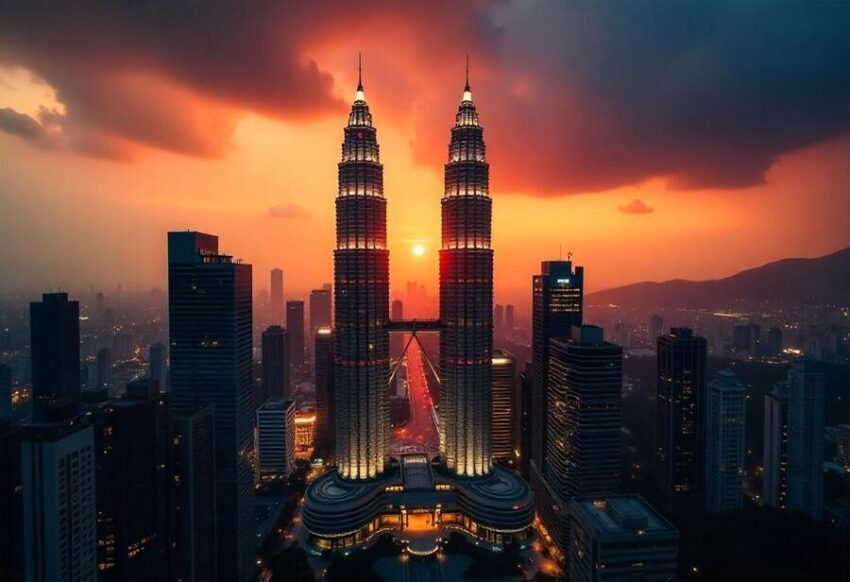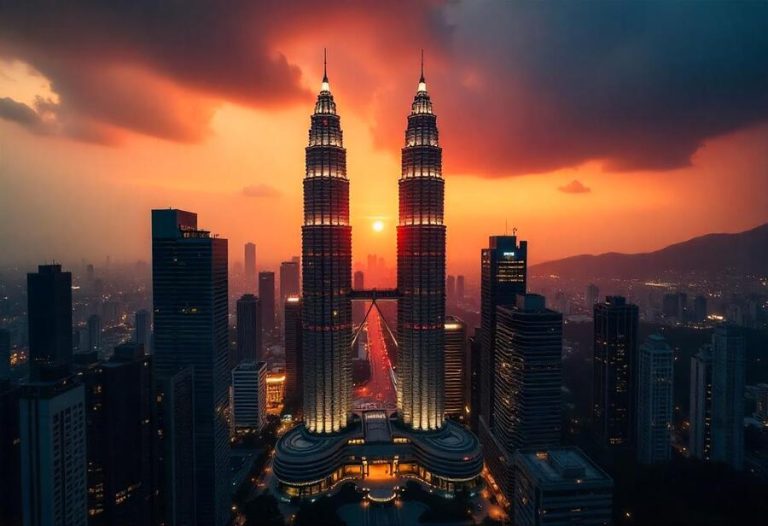Thursday, May 22, 2025

Malaysia is intensifying its commitment to cultural tourism by advancing plans to position museums as premier attractions in anticipation of Visit Malaysia Year 2026. This effort involves introducing new laws alongside major infrastructure upgrades aimed at enhancing museum governance and elevating the overall visitor experience across the country.
The Ministry of National Unity is nearing completion of an extensive law designed to unify the management and regulation of museums nationwide. Scheduled for presentation to Parliament by November 2025, this legislation will establish a clear framework to govern museum operations. Central to this law is the creation of a Museum Council, which will offer expert oversight and strategic direction to support museum growth while aligning with Malaysia’s objectives for cultural preservation and tourism development.
Minister Aaron Ago Dagang highlights that the legislation is designed to redefine museums as vibrant, accessible, and sustainable spaces where creativity flourishes, critical thinking is nurtured, and Malaysia’s diverse cultural heritage is celebrated collectively. The law is aligned with international best practices, signaling Malaysia’s intent to elevate its museums to globally recognized standards.
A novel feature of the legislation includes the introduction of a museum grading system. This assessment tool will evaluate institutions on various fronts such as operational excellence, educational outreach, visitor experience, and conservation quality. Private museums, which have often operated independently, will come under closer regulatory scrutiny to ensure their contributions align with the country’s cultural and tourism policies.
Beyond legislative reforms, several states are actively investing in upgrading their museum infrastructure as part of integrated heritage tourism plans. Penang and Johor stand out as leaders in this transformation, with key institutions undergoing major renovations to enhance their appeal and preservation.
The Penang State Museum and Art Gallery, a century-old cultural landmark, is currently closed for an extensive restoration aimed at preserving its architectural heritage while improving exhibition spaces and visitor amenities. The refurbishment project is expected to conclude by the end of 2025, promising a renewed showcase of Penang’s rich cultural tapestry and artistic achievements.
Meanwhile, Johor is making significant strides with the Johor Heritage Foundation managing several major upgrade projects. The Tokoh Johor Museum, also over one hundred years old, is undergoing a 10 million ringgit (approximately US$2.3 million) conservation initiative. This project focuses on structural restoration, modernizing displays, and enhancing accessibility to broaden visitor engagement. Additionally, the Sultan Abu Bakar Heritage Complex is receiving careful upgrades aimed at preserving its historical significance while improving the overall visitor experience.
Johor’s tourism plan highlights cultural and heritage tourism as core focus areas, complementing its emphasis on ecotourism, adventure activities, leisure, and business gatherings. Drawing on its rich history as a dynamic center of culture and trade, Johor seeks to appeal to travelers looking for genuine, immersive cultural encounters. The continuous restoration and enhancement of museums play a crucial role in this strategy, establishing these institutions as key pillars for community engagement and educational enrichment.
These developments in Penang and Johor reflect Malaysia’s nationwide commitment to cultural asset preservation and tourism enhancement. By integrating robust legal frameworks with targeted infrastructure investments and strategic planning, Malaysia is reshaping its museum sector from static repositories into dynamic cultural centers that inspire learning and creativity.
The timing of these initiatives is especially important with Visit Malaysia Year 2026 on the horizon, expected to drive a surge in visitor numbers. Strengthening museums fits within a broader global trend where cultural tourism is recognized as a sustainable avenue for economic development while safeguarding heritage.
In summary, Malaysia’s comprehensive museum revitalization plan—combining legal reform, state investment, and innovation—heralds a transformative era for the country’s cultural tourism landscape. As museums become more welcoming, interactive, and professionally managed, they are poised to become essential pillars of Malaysia’s tourism appeal, enriching experiences for visitors and fostering a deeper appreciation of the nation’s cultural wealth in the years ahead.




